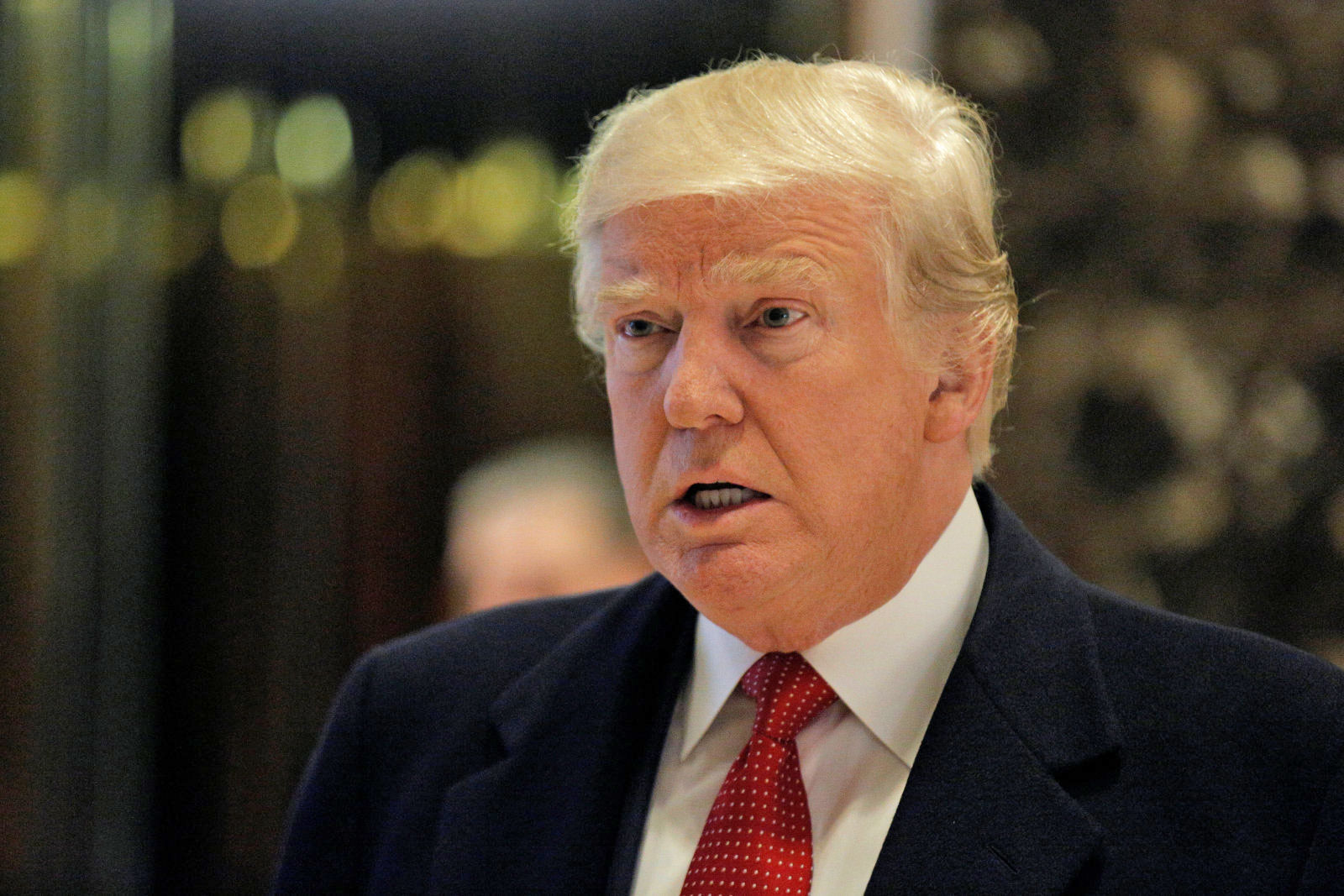One more thing President-elect Trump will inherit when he takes office next month: a large, state-run media operation with little or no impartial oversight. As the Washington Post‘s editorial board wrote this weekend, the United States’ official external news sources Voice of America, Radio Free Europe, Radio Liberty and others are about to lose the buffer that keeps the content they project to the world fair and objective.
While VOA has been criticized as propaganda in the past, its mission statement aims to “be accurate, objective and comprehensive.” As the Post‘s editorial board also notes, the operation is not meant to be a mouthpiece for the White House and it is generally respected for it’s journalistic independence compared to state-run outlets like Russia Today. In other words, the system was designed so international audiences could look to outlets like Radio Free Asia for accurate coverage when their own governments were unreliable.
The mechanism responsible for helping VOA, RFE and the rest maintain their objectivity is the Broadcasting Board of Governors, which is tasked with keeping the organizations at arm’s length from the White House or the State Department. That’s about to change, however, thanks to a new amendment Republican House leaders slipped into the National Defense Authorization Act that will do away with the board and allow the President to appoint a chief executive to run the government’s news operations. The appointed executive would control everything from the VOA’s budget to the newsroom staff.
It’s possible, of course, that Trump could appoint a reputable media executive to run the nation’s news operation with the same objectivity it has enjoyed in the past. On the other hand, Voice of America’s web presence at VOANews.com gets a respectable 13 million visitors per month and it’s not hard to imagine the existential fake news crisis Facebook will have if a government-run media outlet is suddenly allowed to abandon its longstanding two-source policy.
(37)
